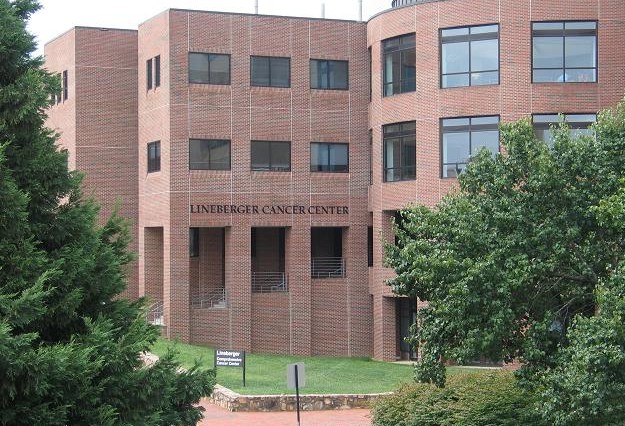UNC Researchers from the Lineberger Comprehensive Cancer Center just launched an initiative to try and increase the number of cancer screenings in North Carolina in hopes to reduce cancer-related deaths.
The initiative is called the Carolina Cancer Screening Initiative and will allow UNC clinicians and public health researchers to work together with community partners to implement cancer screening programs in order to increase colon cancer screening rates in the state.
Leading the initiative is Professor at the School of Medicine, Daniel Reuland.
“We know what can be done to make an impact on this; we just need to find ways to get out and do it. You know there’s a lot of consensus really being developed around the need to get colon cancer screening rates up at the state level, so that’s one of the key things we want to focus on is closing that gap,” said Reuland.
Reuland says colon cancer screenings are recommended for the average person age 50 until age 75 or regularly for high risk populations, such as someone with Crohn’s Disease.
An American Cancer Society-led study in 2015 showed an 11 county area in northeastern North Carolina to be one of three “hot spots” in the country with elevated colorectal cancer death rates.
Reuland says these “hot spots” most commonly exist in rural communities with geographic and racial disparities.
“There are many barriers to colon cancer screening and there isn’t any one that sort of explains you know, all of the lack of screening or the gap in screening, but I think if I had to point to one thing it would be socioeconomics and access to care are some of the biggest drivers of disparities in lack of screening. A lot of those problems are magnified in rural areas and, you know, things get more difficult when populations are spread out and the healthcare entities are relatively small and under resourced,” said Reuland.
According to Reuland, people can get screened in two different ways.
“One is colonoscopy which needs to be done every 10 years or there’s also a very effective stool based test that we call FIT, or Fecal Immunochemical Testing, and FIT needs to be done once a year although the advantage of that one is that it can be done inexpensively and at home and requires, you know, a little less commitment and fewer resources when you apply to the population level, because you don’t have to do as many colonoscopies,” Reuland said. “But either of those is acceptable, and as we say in the biz, you know the best colon cancer screening test is the one that gets done.”
The American Cancer Society reported that screening contributed to a substantial decline in colorectal cancer deaths in the United States between 1976 and 2014.
“Colon cancer screening is one of those things that really can reduce your risk of dying. See receipts, screening works, and maybe one plug I might put in is talk to your doctor about it and if your doctor doesn’t offer the stool based testing, you might ask him about it,” said Reuland.







Comments on Chapelboro are moderated according to our Community Guidelines